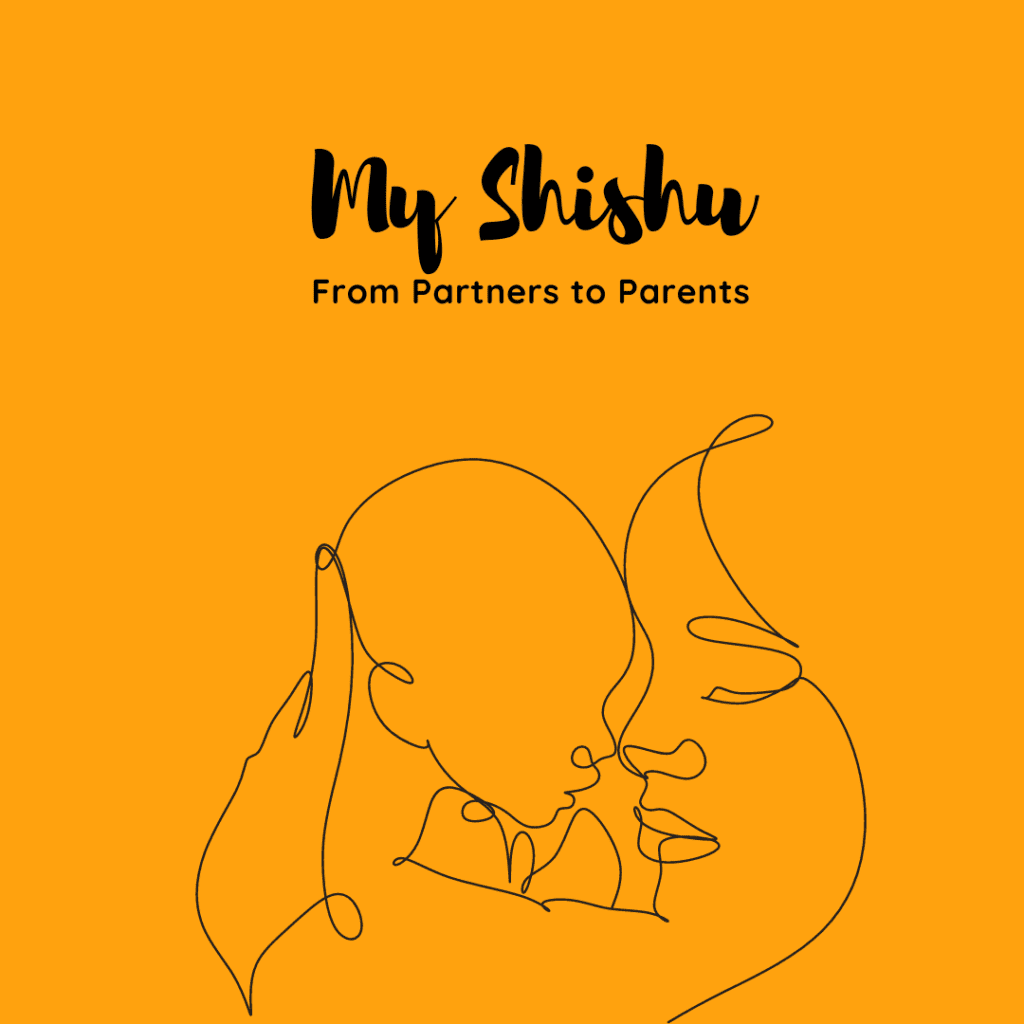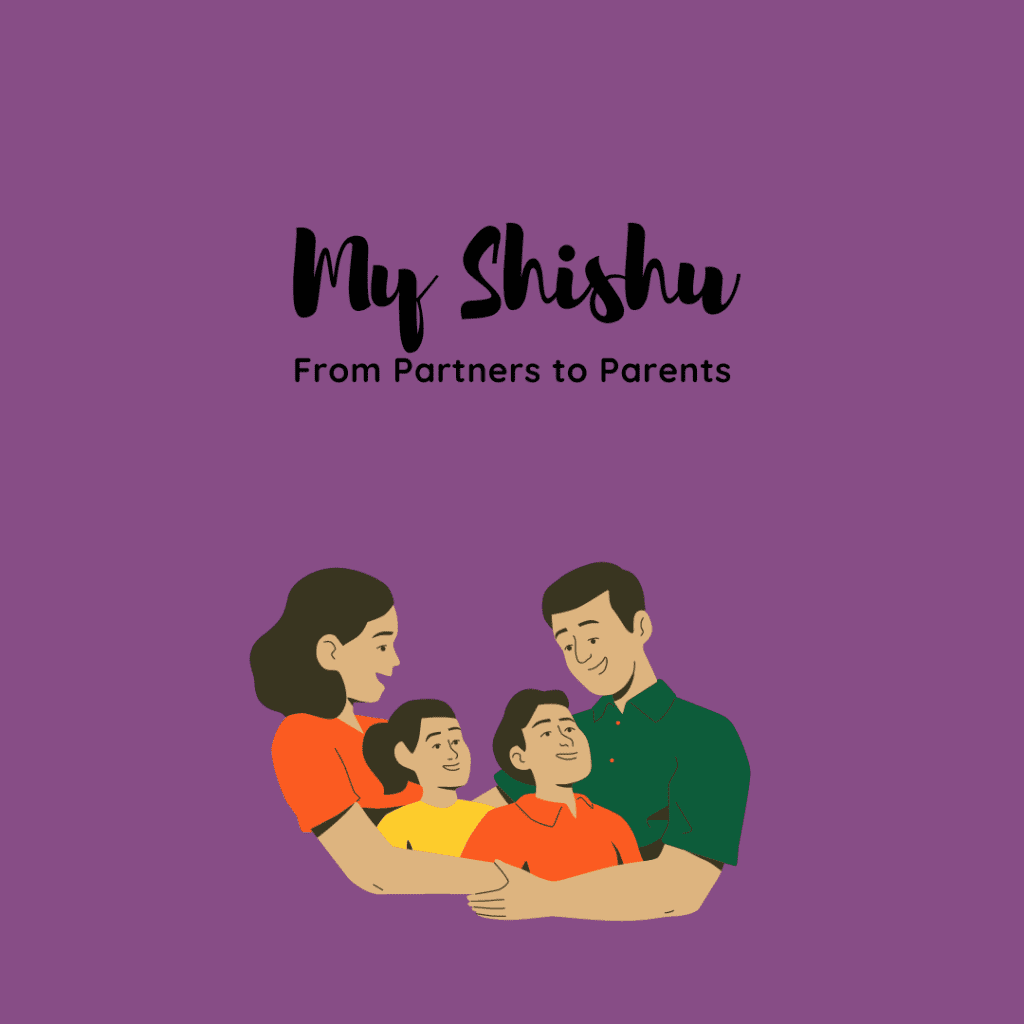Baby cough and runny nose
Baby cough and runny nose
Embarking on the parenting journey involves deciphering the nuances of your baby’s coughs and sniffles. This guide aims to unravel the mysteries behind these common ailments, empowering parents with insights into causes and effective care strategies.
Table of Contents
- 1. Unveiling the Common Cold: Baby cough and runny nose
- 2. Respiratory Syncytial Virus (RSV): Baby cough and runny nose
- 3. Croup: Baby cough and runny nose
- 4. Allergies, Asthma, and Environmental Agitators: Baby cough and runny nose
- 5. Pneumonia: Baby cough and runny nose
- 6. Swallowing or Inhaling Objects: Baby cough and runny nose
- 7. Whooping Cough: Baby cough and runny nose
- 8. Cystic Fibrosis: Baby cough and runny nose
- When to Seek Medical Aid: Baby cough and runny nose
- Cough Medication: Baby cough and runny nose
- Alleviating Discomfort: Baby cough and runny noses
- Conclusion: Baby cough and runny nose
- Bonus Section: Mental Stimulation – Riddles for Respite
1. Unveiling the Common Cold: Baby cough and runny nose
Understanding the common cold as a frequent instigator of baby coughs is the initial step toward offering comfort. Identifying accompanying symptoms such as a runny nose, sneezing, and mild fever provides a holistic view for parents.
2. Respiratory Syncytial Virus (RSV): Baby cough and runny nose
RSV, a lung-invading virus, shares symptoms with a cold but can escalate with a pronounced cough and respiratory distress. Vigilance is crucial, particularly in infants, to mitigate potential complications.

3. Croup: Baby cough and runny nose
Characterized by a distinctive bark-like cough, croup stems from viral-induced windpipe narrowing. While often manageable at home, consulting a doctor, especially for infants, ensures proper guidance and potential intervention.
4. Allergies, Asthma, and Environmental Agitators: Baby cough and runny nose
Persistent coughs may result from allergies, asthma, or exposure to irritants like pet dander. Recognizing these triggers empowers parents to create a conducive environment for their baby’s well-being.
5. Pneumonia: Baby cough and runny nose
Viral infections occasionally progress to pneumonia in infants, marked by sudden coughing, breathing difficulties, fever, or feeding challenges. Immediate medical attention is imperative in such cases.
6. Swallowing or Inhaling Objects: Baby cough and runny nose
Sudden and severe coughing may indicate ingestion or inhalation of foreign objects, necessitating urgent medical intervention to address potential blockages or respiratory concerns.

7. Whooping Cough: Baby cough and runny nose
Though rare due to vaccinations, whooping cough still poses risks. Recognizing symptoms, particularly severe coughing, is vital for prompt medical intervention.
8. Cystic Fibrosis: Baby cough and runny nose
A persistent cough accompanied by thick mucus may signal cystic fibrosis. Recognizing additional signs, such as salty skin and digestive issues, is crucial for early detection and proactive management.
When to Seek Medical Aid: Baby cough and runny nose
Determining when to consult a doctor is pivotal. Infants under three months, those breathing rapidly, wheezing, or with chronic illnesses require prompt medical attention. In severe cases involving breathing difficulties or choking, immediate emergency intervention is necessary.
It is a moment of pure ecstasy and satisfaction when you see a smile flicker on baby’s lips, just as they gently pass into a deep slumber.
Cough Medication: Baby cough and runny nose
Resist the temptation to administer over-the-counter cough and cold medicine to babies, as it can pose risks and lacks proven efficacy. Additionally, avoid home remedies containing honey for infants under one year.
Alleviating Discomfort: Baby cough and runny noses
- Nasal Clarity: Use a suction bulb or nasal saline drops to clear your baby’s nasal passages, fostering better sleep.
- Humidity Considerations: While cool mist humidifiers are widely used, evidence of their effectiveness remains inconclusive. Regular cleaning is paramount to prevent bacterial or mold contamination.
- Bypassing Hot Vaporizers: Due to the risk of burns, hot water vaporizers are not recommended. Opt for a steamy bathroom session, ensuring a safe distance for your baby.
Conclusion: Baby cough and runny nose
Armed with insights into the myriad causes of baby coughs and runny noses, parents can confidently navigate these common challenges. Timely medical consultations, cautious medication practices, and practical comfort measures collectively contribute to parental empowerment in ensuring their baby’s holistic well-being.
Bonus Section: Mental Stimulation – Riddles for Respite
- What becomes moist as it dries?
- Answer: A towel.
- What possesses keys but cannot unlock doors?
- Answer: A piano.
Celebrate each step of your child’s journey and remember that parenting is an ever-evolving adventure. Stay tuned for more insightful blogs from MyShishu!
Explore our range of courses on new-age parenting at New-Age Parenting | Modern Parenting Styles | MYSHISHU.
For additional parenting insights and valuable information, check out our blog “Cry, Feeding and Weaning of Newborn Baby” at Cry, Feeding and Weaning of Newborn Baby – My Shishu.
Hope you’ve enjoyed the blog “Baby cough and runny nose”. Happy Parenting!











